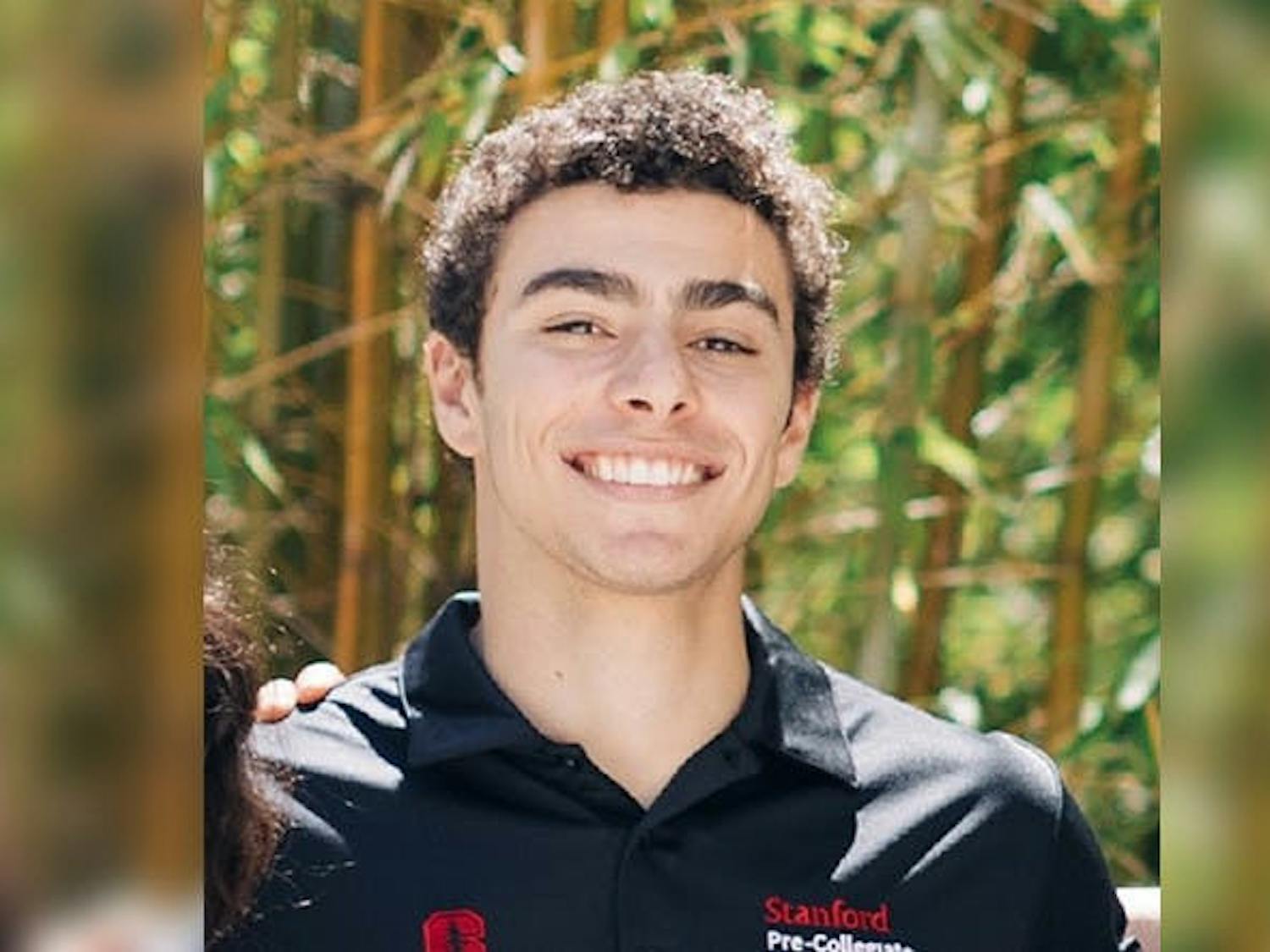At a university as large as Penn, it is easy for any group to fall into the woodwork. But members of the lesbian, gay and bisexual community are constantly fighting against that lack of visibility. Shelley Krause, coordinator of advanced standing credit, said people questioning their sexuality may be intimidated, since the University does not have a unified gay voice. "Everyone works in their own little environment at Penn," Krause said. "If you look around and see that there's nobody who's 'out' and talking about it, then it can be scary to be the first person to put your foot in the water," she added. College senior Vanessa Eisemann, chairperson of Jewish Bisexuals, Gays and Lesbians, said more Lesbian Gay Bisexual Center visibility might help curious people realize they're not the only ones who are unsure. She said many people in the process of "coming out of the closet" may be afraid of how their straight friends might react, and that anyone can "come and hang out at the LGBC without declaring themselves as gay or bisexual." "Most people on this campus think that they can't come to our events unless they're gay," Eisemann said. If more "straight" people would come to events sponsored by the Lesbian Gay Bisexual Center, it would help people who are "coming out" to see that their straight friends are supportive, she suggested. Eisemann added that "there is a very warm community awaiting" once people are "out" and feel good about their identity. LGBC Director Bob Schoenberg said the University's diversity and urban location make it easier for students to explore their sexual orientation. "You could appear 'straight' in the high rises and then go to a [Lesbian Gay and Bisexual Alliance] meeting in Houston Hall, and no one would ever know," he said. Schoenberg added that "there are a lot of places where it is more difficult to be gay, but there are probably places where it is easier, too." He said he is optimistic about the present condition of the gay community at the University and hopeful about its future, explaining that many schools -- especially "conservative and rural schools" -- do not have Lesbian Gay Bisexual Centers at all. "Our LGBC is one of the more funded and established centers in the country, but we're talking about a small number of schools who have them at all," he added. But College senior Maria Gonzalez, LGBA co-chairperson, said that despite its resources, the University is too segregated. "Within the University, there are places for all students to go, but there isn't the tendency to unify those groups," Gonzalez said. "Students of color don't mix with gay students -- we have a tendency to put ourselves in a box and we should try to break some of those barriers down," she added. Gonzalez added that there is not enough education at the University on homosexuality and the gay rights movement, saying the University should be "more sensitive and make everyone more aware." She criticized University officials for taking a "relatively moderate stand on just about everything." She blamed administrators for "not taking a proactive stand to help any one group." And she added that the University should be proud of the LGBC and make it more prominent during the admissions process. College sophomore Steven Huang said he chose to attend the University for its gay community, but agreed with Gonzalez regarding the University's "apathetic stand." "You can put pink triangles and rainbows all over the place, but people here need to know what that means first," Huang said. Vice Provost for University Life Valarie Swain-Cade McCoullum said she is greatly concerned about the needs of the lesbian, gay and bisexual population on campus. "The growth and development of a vibrant Penn student community is nurtured by the free, often passionate interchange of ideas and experiences from which individuals learn, discover diversity and benefit intellectually and humanely," McCoullum said. "Within the context of self-identified Penn diversity, gay, lesbian and bisexual students make major contributions to the quality of our University life and deserve, as do all students, with all students, equal and respectful attention to their issues and concerns," she added. But Schoenberg admitted that still more needs to be done. He said he is angered by the presence of the ROTC on campus, explaining they are in "direct violation of the University's non-discrimination policy." And he said he wishes there were more "proudly gay" faculty members. He suggested that faculty may hesitate to reveal their sexual orientation for fear of not getting tenure or a promotion. "There's still a sense that there's something to lose," Schoenberg said. "On the one hand it could be seen as good that we are not required to disclose our sexual orientation, but what price do you pay to not be able to proudly admit it?" he added. Krause added that gay students do a better job of "creating their own environment" than faculty members do. Communications Professor Larry Gross -- one of the first openly gay faculty members at the University -- praised the University as a "haven" for the gay community. Gross referred to the University as "officially welcoming" and said that he has not been negatively targeted on campus.
The Daily Pennsylvanian is an independent, student-run newspaper. Please consider making a donation to support the coverage that shapes the University. Your generosity ensures a future of strong journalism at Penn.
DonateMore Like This
Here’s how Penn plans to celebrate America’s 250th anniversary
By
Arti Jain
·
19 hours ago
Van Pelt Library discontinues bag check security policy
By
Christine Oh
·
19 hours ago








